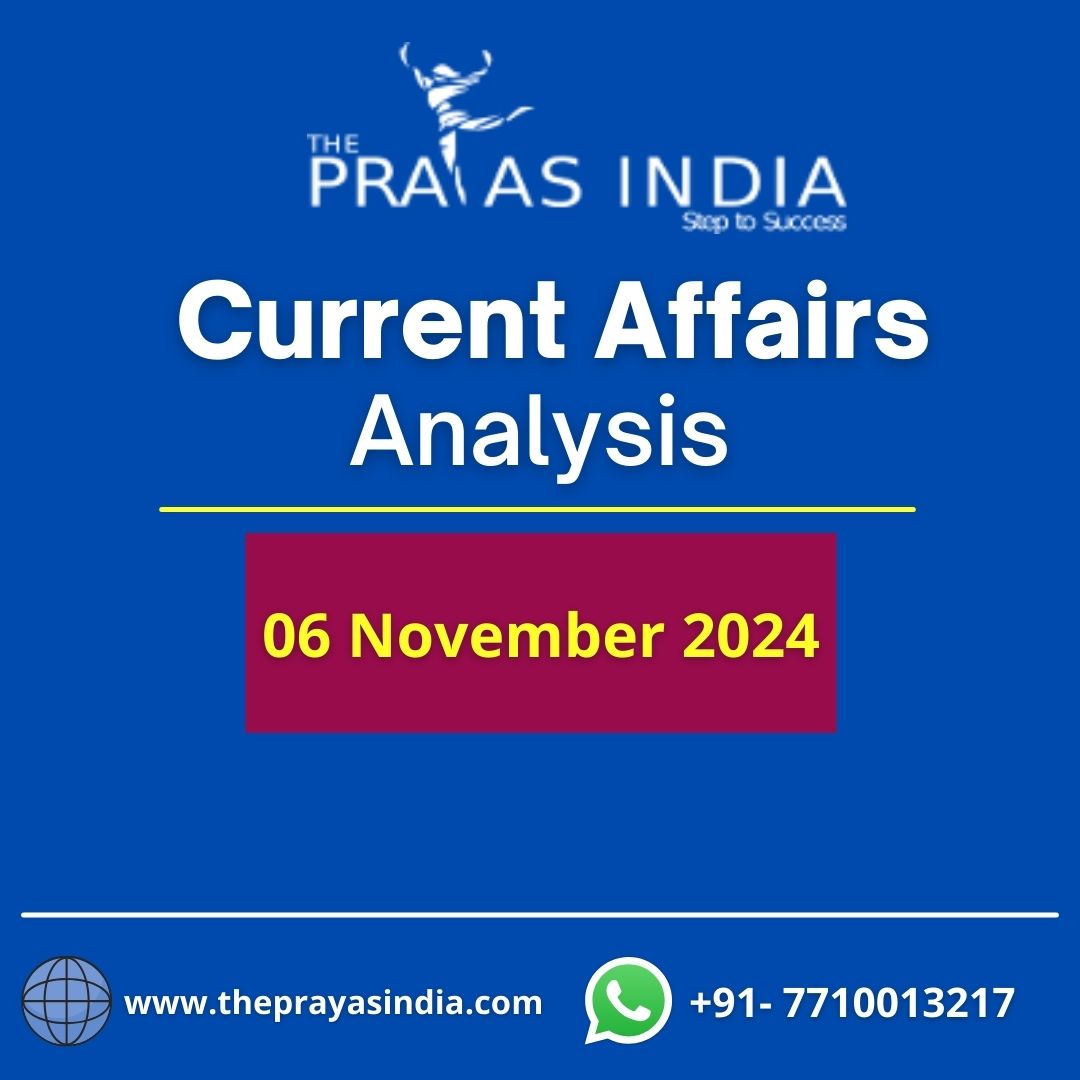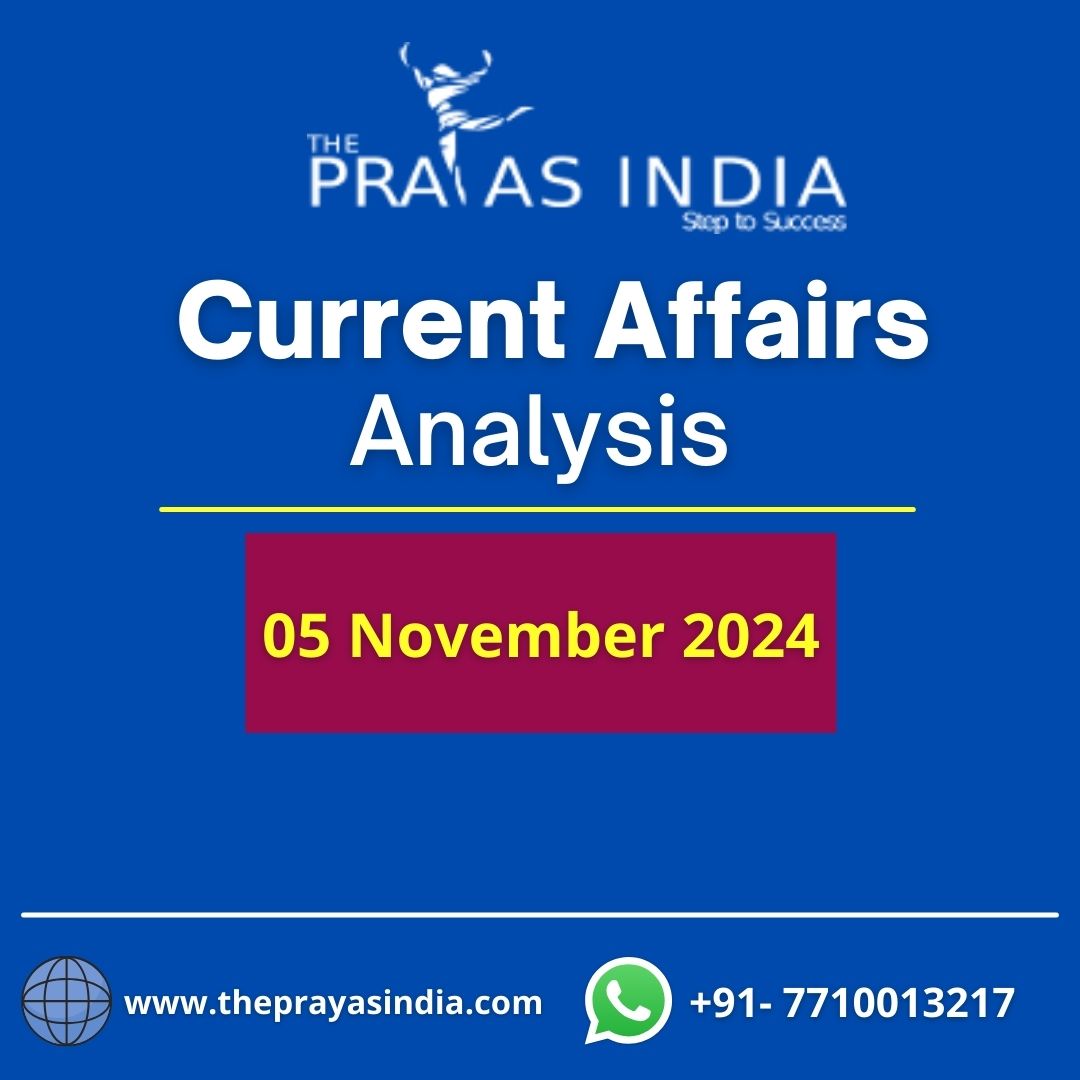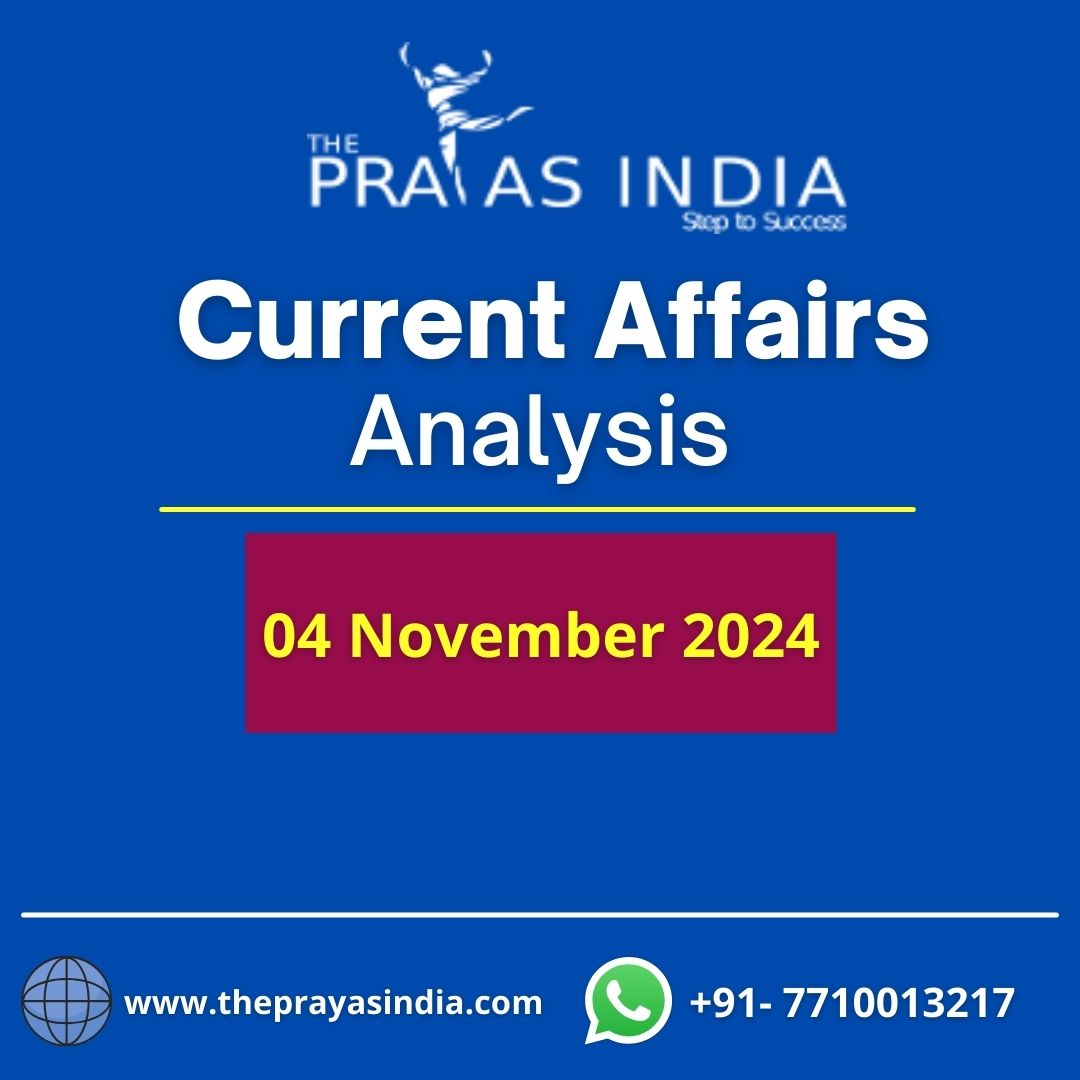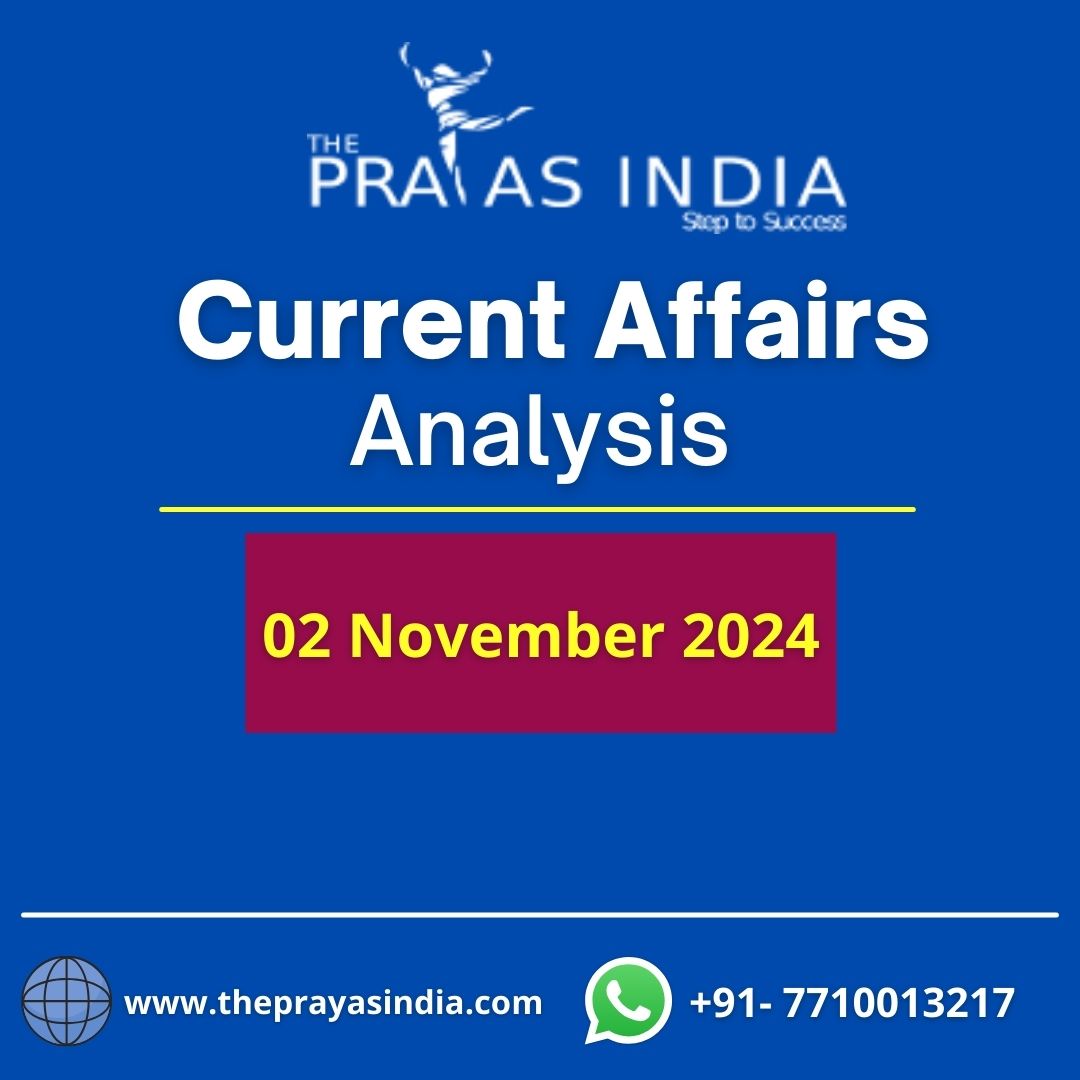DAILY CURRENT AFFAIRS ANALYSIS
| . No. | Topic Name | Prelims/Mains |
| 1. | Pricing of Petrol and Diesel and India | Prelims & Mains |
| 2. | Criminal vs Civil Defamation in India | Prelims & Mains |
| 3. | One Country Two Systems | Prelims & Mains |
| 4. | FSIB | Prelims Specific Topic |
1 – Pricing of Petrol and Diesel in India: GS III – Indian Economy
What constitutes the retail price of fuel?
Retail pricing for gasoline and diesel are mostly composed of three factors:
- Base price (reflecting cost of international oil)
- Duty of Central Excise
- State Tax (VAT)
In India, central and state taxes account for a sizable portion of the price of gasoline and diesel:
- While excise duty remains the same throughout India, state taxes (sales tax and value added tax) change based on the rates imposed by various state governments.
- Consumers’ costs for fuel are increased by these taxes.
- To provide some comfort to end-use customers, the Center decreased excise charges on both gasoline and diesel in November 2021.
- For gasoline and diesel, the exercise duty was decreased by Rs. 5 and Rs. 10, respectively, per litre.
- After the Centre reduced the exercise duty, fuel prices stayed the same.
- The conflict between Russia and Ukraine, however, has recently increased the price of crude oil globally, which has increased the cost of gasoline and diesel in India as well.
- Due to different VAT rates between states, the price reduction differed.
- Pump prices decreased slightly more in states with greater VAT.
- Given that India imports 85% of its oil needs, retail pricing for gasoline and diesel are determined by world prices.
How much money does the government make from fuel prices?
- Fuel-related exercise duty and VAT are a significant source of income for both the federal government and the states.
- According to the Budgets 2020–21, 18.4% of the Center’s total tax receipts come from the excise duty on fuel.
- Between 25 and 35 percent of a state’s total tax revenue comes from alcohol and petroleum.
- Central tax transfers make up 25–29% of a state’s revenue receipts, and own tax revenues make up 45–50%.
- The central exchequer received Rs 3.10 lakh crore from taxes on crude oil and petroleum products between April 2021 and December 2021, comprising Rs 2.63 lakh crore in excise duty and Rs 11,661 crore in crude oil cess.
- The state’s exchequer received Rs 2.07 lakh crore within the same time period, of which Rs 1.89 lakh crore came from VAT.
What obstacles prevent states from lowering their fuel taxes?
Principal Source of Income:
- States find it challenging to forsake a portion of their own tax revenue because petroleum and alcohol make up around a third of it.
Result of the Pandemic:
- Higher spending requirements and lower revenues were a result of the epidemic and the economic crisis.
- The combined fiscal deficit of the states increased significantly from 2.6 percent of GDP in FY20 to 4.7 percent in FY21.
What options are there to reduce inflation?
- There is no other method to reduce energy price inflation than by decreasing taxes on completed goods or by reintroducing subsidies because India is highly dependent on imports for petroleum.
- State-owned petroleum merchants can sell their products for less thanks to subsidies, while private refiners who aren’t given any are compelled to make a price.
- It is thought that tightening the purse strings would be the best course of action because increasing gasoline prices are being passed on to the prices of other goods as transportation costs rise.
Way ahead:
- In addition to developing strategic oil reserves, combining ethanol with vehicle gasoline, and implementing an ambitious plan for electric mobility, India has been experimenting with diversifying its sources for importing oil and gas.
- In spite of a sharp increase in the price of crude oil, gas, gasoline, and diesel on a worldwide scale, these measures have not yet amassed the necessary support to have a favourable effect on energy prices.
- By lowering taxes on fuel and extracting less earnings from oil public sector enterprises, the government can most easily limit the rise in fuel costs.
- The export of fuel and other petroleum products should be restricted by the government.
- Refineries will be forced to sell their products on the domestic market as a result, eliminating one justification for guaranteeing trade-parity pricing for them.
Source The Hindu
2 – Defamation in India: GS II – Indian Laws
What exactly is defamation?
- The dissemination of a false assertion that damages the reputation of a particular person, company, item, group, government, religion, or country is known as defamation.
- Defamation is both a civil wrong and a criminal offence in India.
- The goals of the two are what set them apart from one another.
- While a criminal law tries to punish a wrongdoer and deter future wrongdoing, a civil law typically provides for the redress of wrongs through the award of compensation.
Legal requirements:
- Section 499 of the Indian Penal Code clearly defines criminal defamation as a crime (IPC).
- The basis for civil defamation is tort law (an area of law which does not rely on statutes to define wrongs but takes from ever-increasing body of case laws to define what would constitute a wrong).
According to Section 499, defamation may occur through spoken or written words, signs, or visible representations:
- Also listed in Section 499 are exceptions. These include “imputation of truth,” which must be published because it is necessary for the “public good,” on the public conduct of public authorities, the conduct of anybody involved in a public matter, and the quality of the public performance.
- Whoever defames another shall be punished with simple imprisonment for a time which may extend to two years, or with fine, or with both, according to Section 500 of the IPC.
Misuse of the law and related worries:
- The criminal provisions have frequently only ever been used to harass people.
- Due to the lengthy nature of Indian legal processes, regardless of the case’s merits, the process itself ends up serving as punishment.
- Critics contend that civil defamation is a sufficient remedy for such wrongs and that defamation legislation violates the fundamental right to freedom of speech and expression.
- Criminal defamation has a negative impact on society because it can be used by the state to force the media and political opponents to practise unjustified self-censorship and self-restraint.
What ruling did the Supreme Court make?
- Sections 499 and 500 (criminal defamation) of the Indian Penal Code were upheld as constitutional in the 2014 case of Subramanian Swamy v. Union of India, with the court emphasising that no one’s fundamental right to life with dignity and reputation “cannot be ruined solely because another individual can have his freedom.”
- The Tamil Nadu Chief Minister J. Jayalalithaa received stern warnings from the court in August 2016 for abusing the criminal defamation statute to “suffocate democracy,” and the court said that “public people must face criticism.”
Source The Indian Express
3 – One Country Two Systems: GS II – International Relations
What exactly is the One Country, Two Systems strategy?
- The policy allows the Special Administrative Regions of Hong Kong and Macau, both former colonies, to have economic and political systems that are distinct from those of mainland China while still being a member of the People’s Republic of China.
With the intention of uniting China and Taiwan, Deng Xiaoping advocated it:
- The Sino-British Joint Declaration, which was signed by China and the U.K. on December 19, 1984 in Beijing, established the guidelines for Hong Kong’s autonomy and the legal, economic, and governmental systems after 1997.
- Similar pledges were made for the Macau territory in the Joint Declaration on the Question of Macau, which China and Portugal signed on March 26, 1987, and which Beijing later received.
- On July 1, 1997, Hong Kong was surrendered to Chinese rule, and on December 20, 1999, Macau received the same treatment.
- Both areas were given special administrative status within China. The areas would each have its own legal, economic, and monetary systems, but Beijing would control their diplomacy and defence.
- Their “mini-Constitutions” would be in effect for 50 years, or until 2047 for Macau and 2049 for Hong Kong. What will occur after this period is unknown.
What led to the present crisis?
- The pro-democracy civil society in Hong Kong has recently become more vocal against China’s purported moves to reduce the city’s autonomy. Youth in the city and the local government, which is essentially chosen by Beijing, are now at odds.
Source The Hindu
4 – New Body setup to select chiefs of PSU Banks:
Prelims Specific Topic
- The government had recently announced to establish the Financial Services Institution Bureau (FSIB), which will replace the Banks Board Bureau, with a wider mandate in order to put an end to uncertainty regarding critical appointments to state-run banks, general insurers, and other financial organisations (BBB).
- After the terms of its chairman, Bhanu Pratap Sharma, and members expired on April 10, the BBB, which was tasked with screening applicants for appointments to senior management-level roles, has remained essentially dysfunctional.
- The Delhi High Court’s decision last year that the BBB could not choose the general managers and directors of state-run general insurers because it was an incompetent body obliged the government to replace the BBB with a new organisation. As a result, at least 12 newly appointed non-life insurer directors had to resign from their seats. However, in addition to other important executives of state-run banks, general insurers, and financial institutions, the FSIB will have a clear mandate to set guidelines and choose general managers and directors of state-run non-life insurance.
- The department of financial services (DFS) proposed on June 30 that former BBB chairman Sharma be appointed to lead the new organisation for two years or until further orders. The Appointments Committee of the Cabinet (ACC) supported the idea. From 2018 to the conclusion of his term in April 2022, Sharma presided over the BBB.
Source The Indian Express




